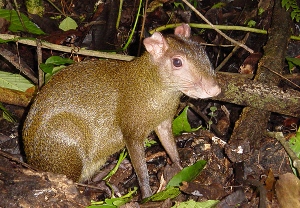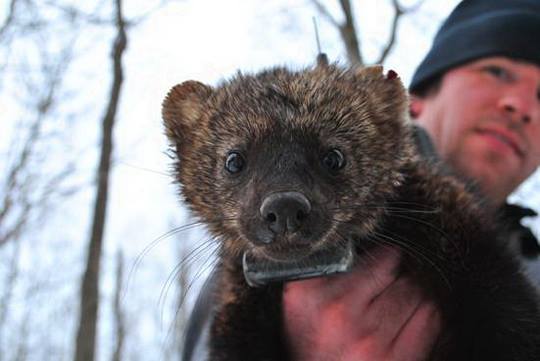
Dr. Erin Sills
Washington, D.C. (November 12, 2013) – Dr. Erin Sills, professor and director of international programs, Department of Forestry & Environmental Resources, North Carolina State University, has been elected to the Tropical Forest Foundation (TFF) Board of Directors for a term that begins January 1, 2014. Sills joins a group of new directors that demonstrate TFF’s founding tradition to provide a forum for industry, conservation, and academia to join forces to encourage the adoption of sustainable forestry practices in the tropical regions of the world.
“Erin understands and is committed to TFF’s mission of conserving the tropical forests by maintaining their economic value. As we improve the skills and knowledge of local forest communities, she will provide valuable counsel and relationships that can advance our work,” said Bob Johnston, TFF executive director. “Each new member of the Board of Directors was carefully selected for his or her innovative thinking and ability to contribute to TFF’s ongoing efforts of encouraging sustainable forest management. We look forward to utilizing their experiences and ideas to further enhance the practices and programs currently in place.”
Currently a professor of forest economics at North Carolina State University, Sills is well known in the environmental economics community. She began her teaching career at NCSU in 1998 when she earned her Ph.D. in natural resources and environmental economics at Duke University. Sills’ work has been recognized and published in several industry journals and books, and she was awarded the Outstanding Global Engagement Award for her international efforts at NCSU.
Additional new Board of Directors include:
- Kerry Cesareo, Managing Director, Forests, World Wildlife Fund
- Sara Gutterman, Co-Founder and CEO, Green Builder Media
- Kenneth MacDicken, Senior Forestry Officer/Team Leader, Global Forest Resources Assessment, Food & Agricultural Organization of the United Nations
- Hank Menke, Jr., President and CEO, OFS Brands, Inc.
- Lenny Shibley, President, Inter-Continental Hardwoods, LLC
- Kevin Thieneman, President, Caterpillar Forest Products
About the Tropical Forest Foundation
The Tropical Forest Foundation (TFF) is an international, non-profit, educational institution committed to advancing environmental stewardship, economic prosperity, and social responsibility through sustainable forest management (SFM). TFF regional programs in Asia Pacific, Africa and South America have become synonymous with the promotion and training of Reduced Impact Logging (RIL). For 20 years, TFF has fostered dialogue and alliances among industry, government, and academia, as well as the research and conservation communities to improve tropical forest management around the world and increase the economic value of these forests for those who depend upon its bounty for their livelihood. To learn more about the Tropical Forest Foundation, visit http://www.tropicalforestfoundation.org/.
###






